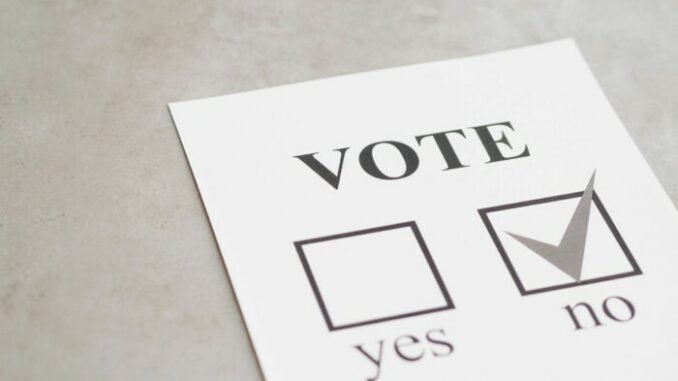
|
Getting your Trinity Audio player ready...
|
Voting, a fundamental right in democracies, takes on various forms and traditions across the globe. From unique election methods to diverse electoral systems, each country has its own way of shaping the democratic process. Let’s embark on a journey to uncover intriguing voting facts that highlight the richness and diversity in the way people exercise their right to vote.
Compulsory Voting: Australia’s Civic Duty
In Australia, voting is not just a right but a civic duty. The country has a system of compulsory voting, where eligible citizens are required by law to enroll and vote in federal elections. Failure to vote without a valid reason may result in fines. This approach aims to ensure high voter turnout and civic engagement.
Ranked-Choice Voting: A Fairer System
Some countries, like Ireland and New Zealand, embrace ranked-choice voting. In this system, voters rank candidates in order of preference. If no candidate receives a majority of first-preference votes, the candidate with the fewest votes is eliminated, and their votes are redistributed based on voters’ next preferences. This process continues until a candidate secures the majority.
Electronic Voting in Estonia: A Pioneer in Digital Democracy
Estonia stands out as a pioneer in digital democracy with its use of electronic voting. Since 2005, Estonian citizens have had the option to vote online in parliamentary elections. This innovative approach leverages secure digital identification methods to ensure the integrity of the electoral process.

Complicated Ballots: The Lengthy Voting Process in Brazil
In Brazil, the voting process can be an intricate affair due to the complexity of the ballots. With a multi-tiered election system that includes local, state, and federal elections, voters in Brazil may spend considerable time navigating through lengthy lists of candidates and parties during elections.
Democracy on Ice: Voting in Antarctica
Even the icy expanses of Antarctica are not exempt from democratic practices. Research stations in Antarctica have established a tradition of conducting elections for station leaders and representatives. The small and tightly-knit communities in these remote locations showcase the adaptability of democratic principles.
Weekend Voting: Making it Accessible in India
Recognizing the challenges faced by many voters who work away from their hometowns, India conducts its elections over several phases, often extending to multiple weeks. This extended timeframe, coupled with the provision of weekend voting, ensures that citizens have ample opportunities to participate in the democratic process.
Voting Age Variations: A Global Mosaic
The eligible voting age varies globally. While most countries set the voting age at 18, there are exceptions. For example, in Brazil and Austria, citizens can cast their votes at 16 in some elections. Understanding these age variations adds another layer to the diverse fabric of global voting practices.
Conclusion: Celebrating Diversity in Democracy
From compulsory voting to ranked-choice systems, electronic voting, and unique traditions in remote locations, the world of voting is as diverse as the countries that practice it. Each voting fact contributes to the richness of democratic practices globally, showcasing the adaptability of these systems to different cultures, geographies, and societal needs. As we celebrate this diversity, let us continue to uphold the principles of democracy and the right of citizens to have their voices heard through the ballot box.
You may find this useful:
